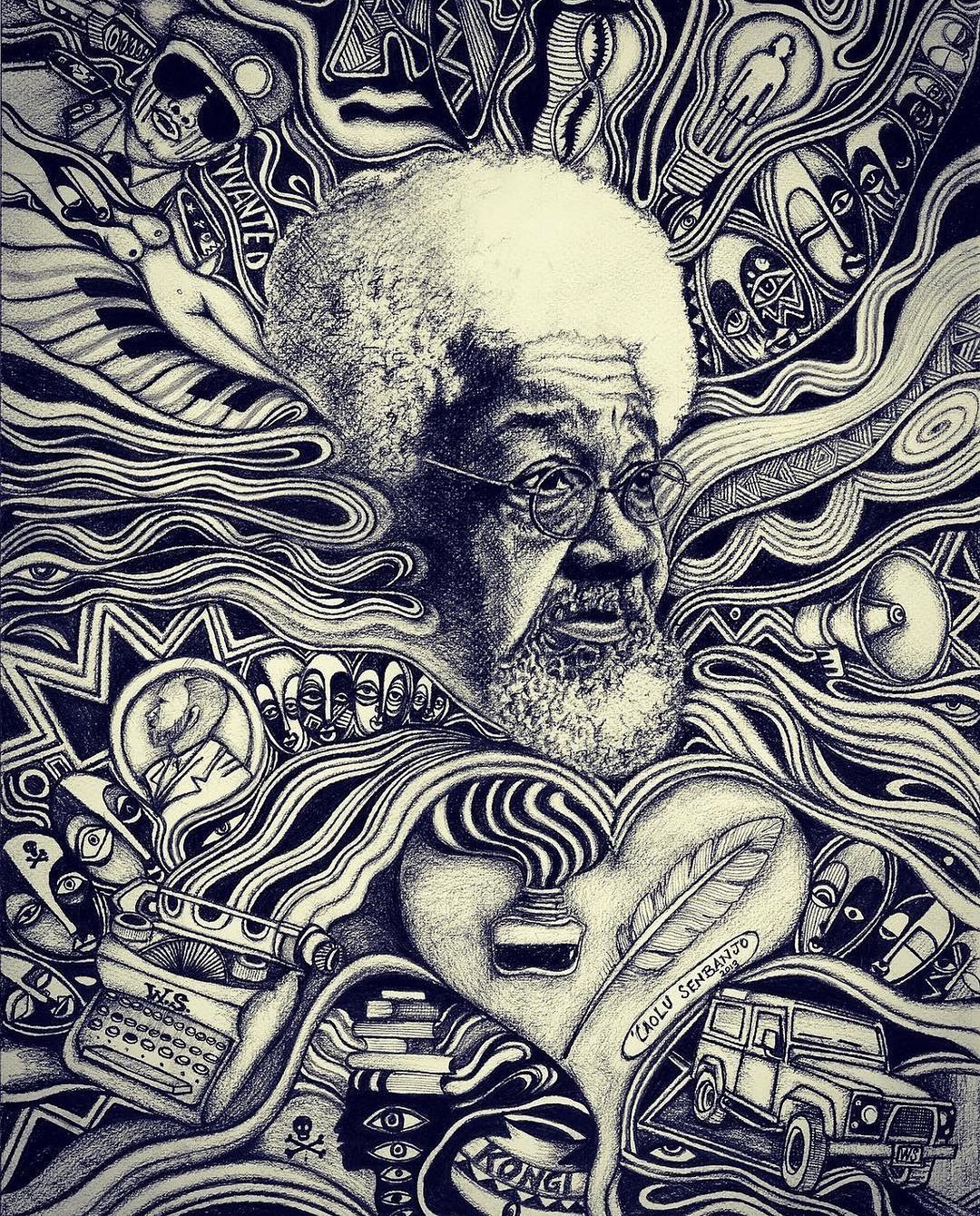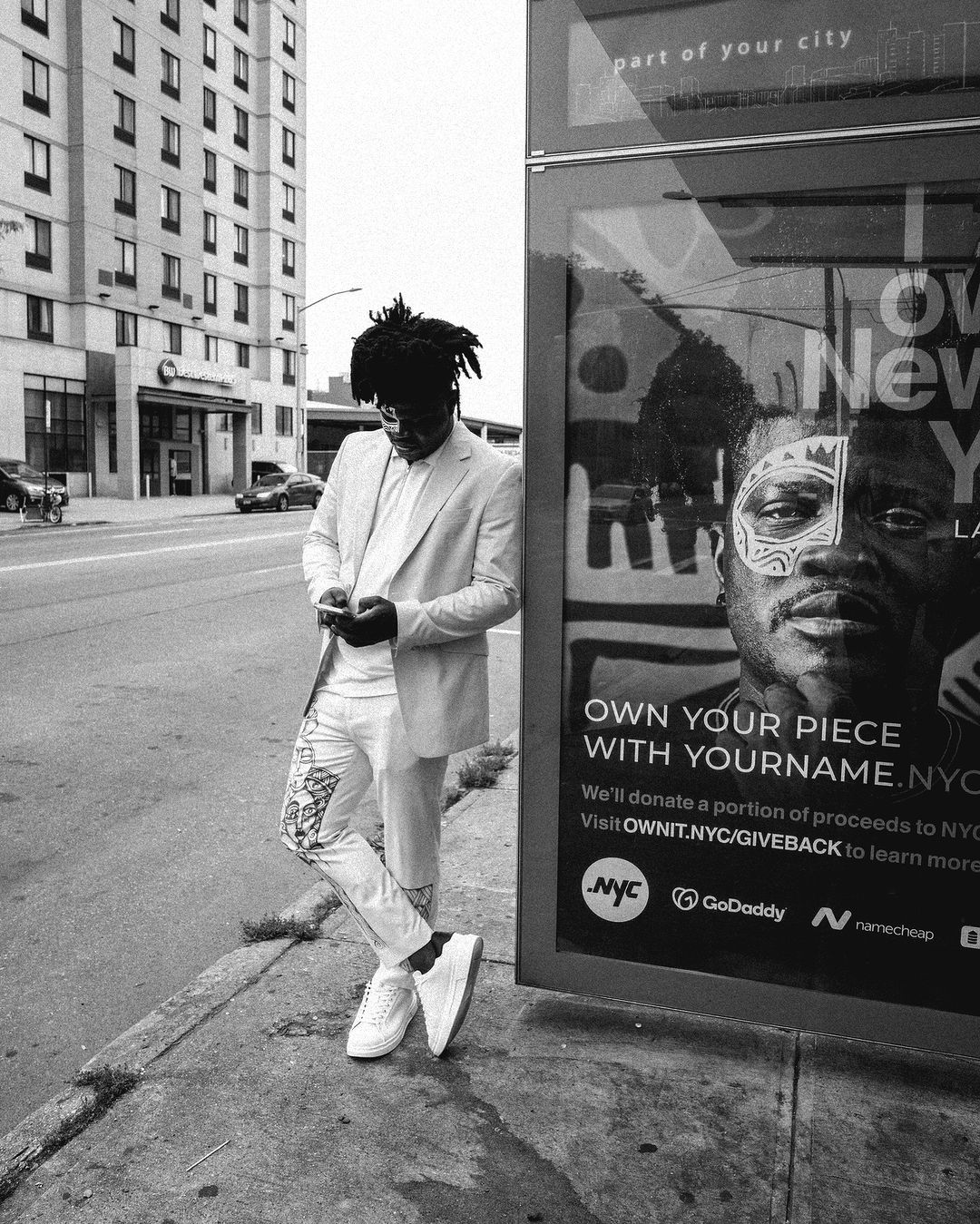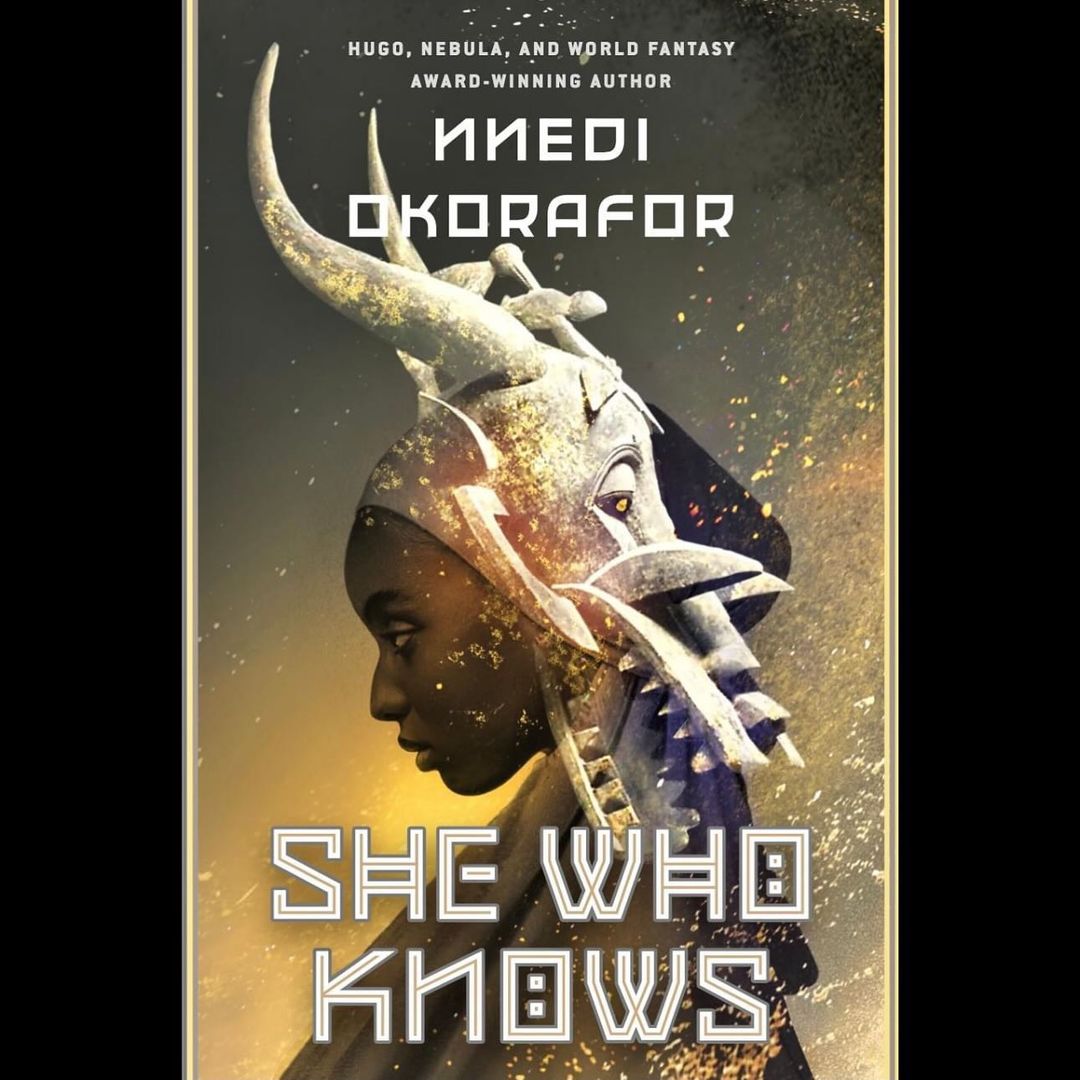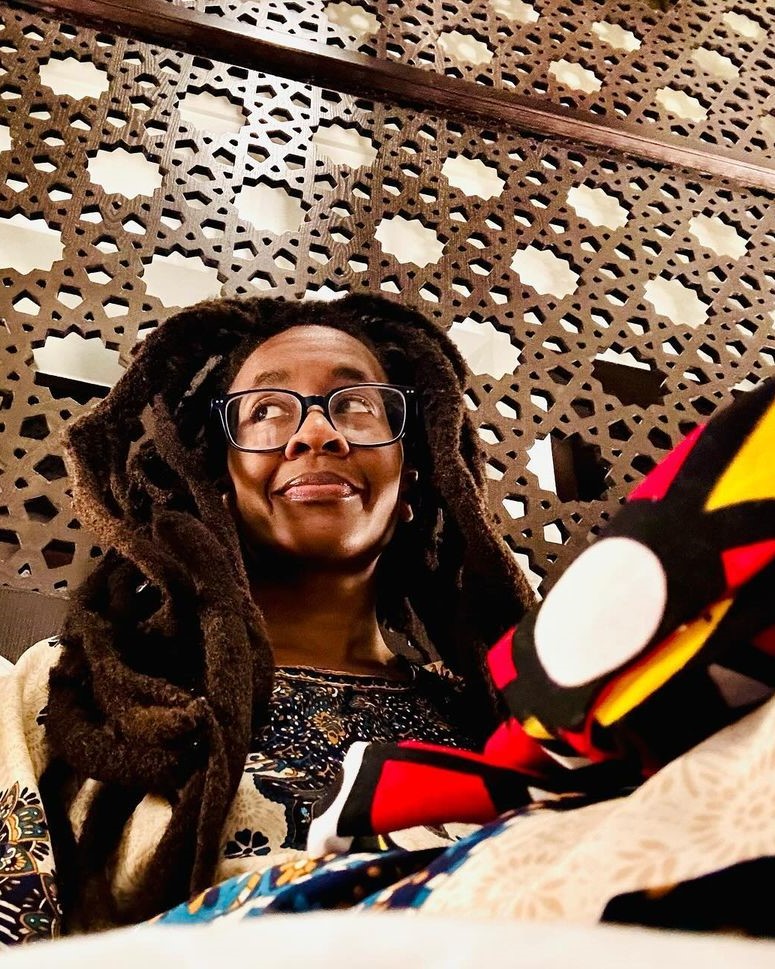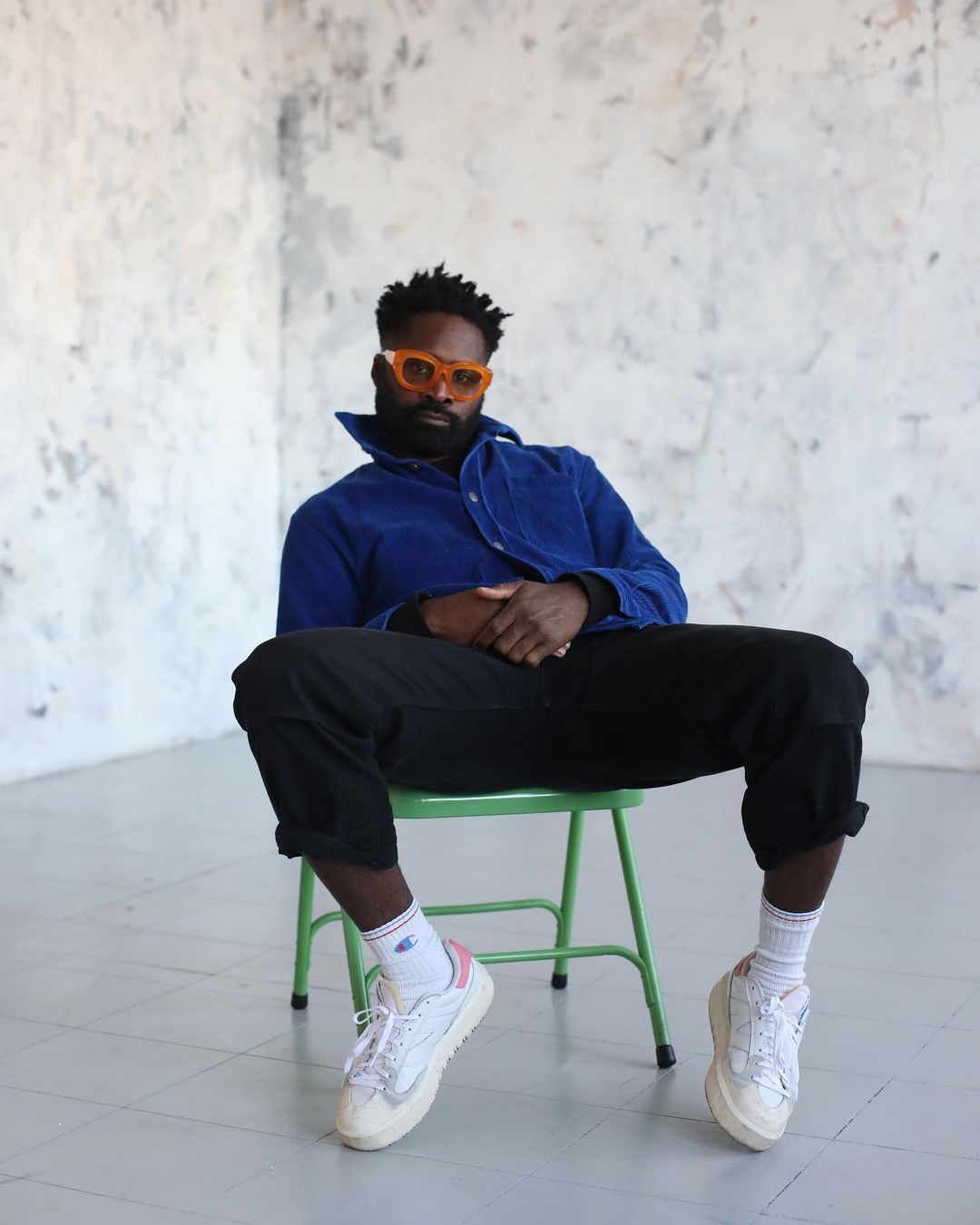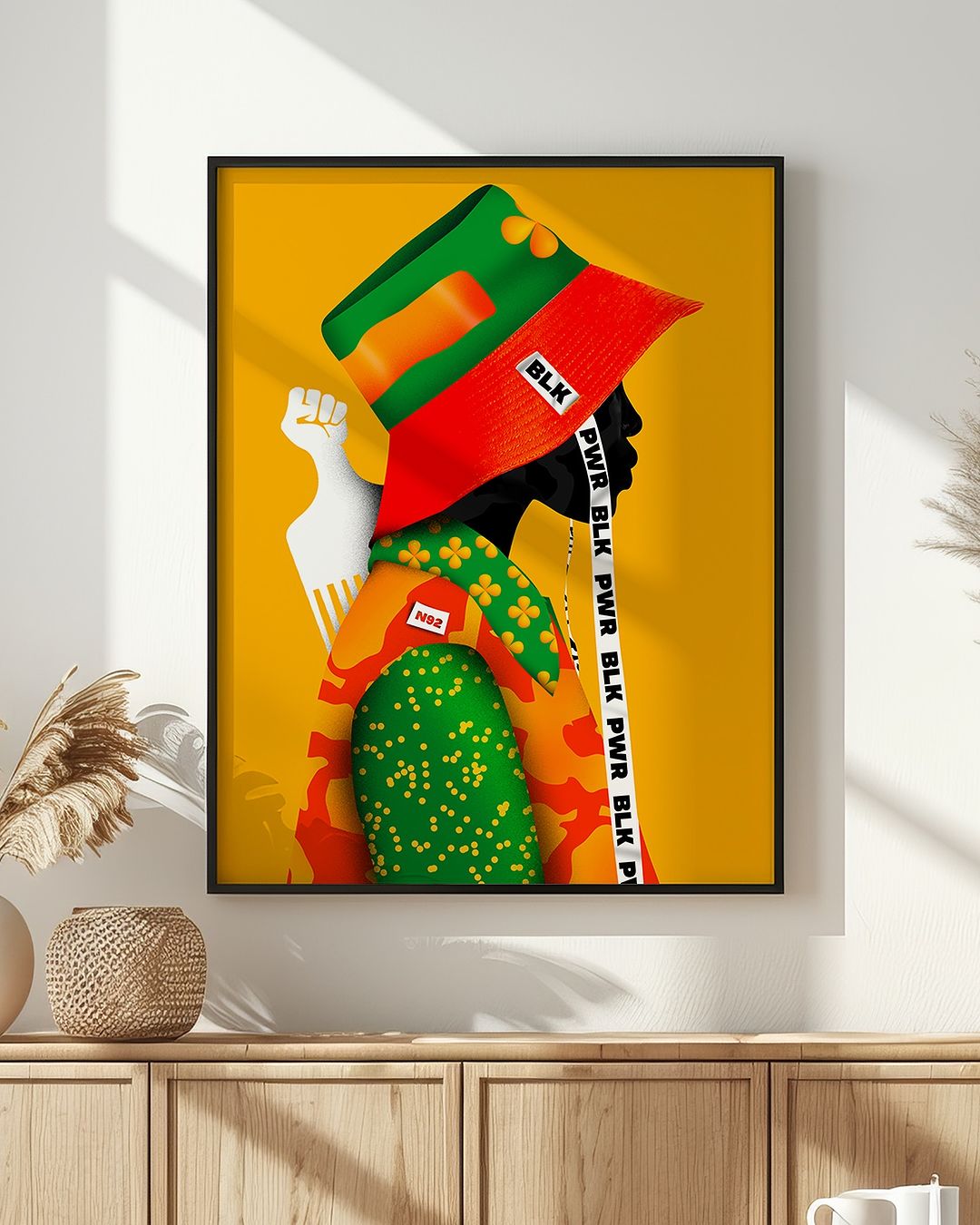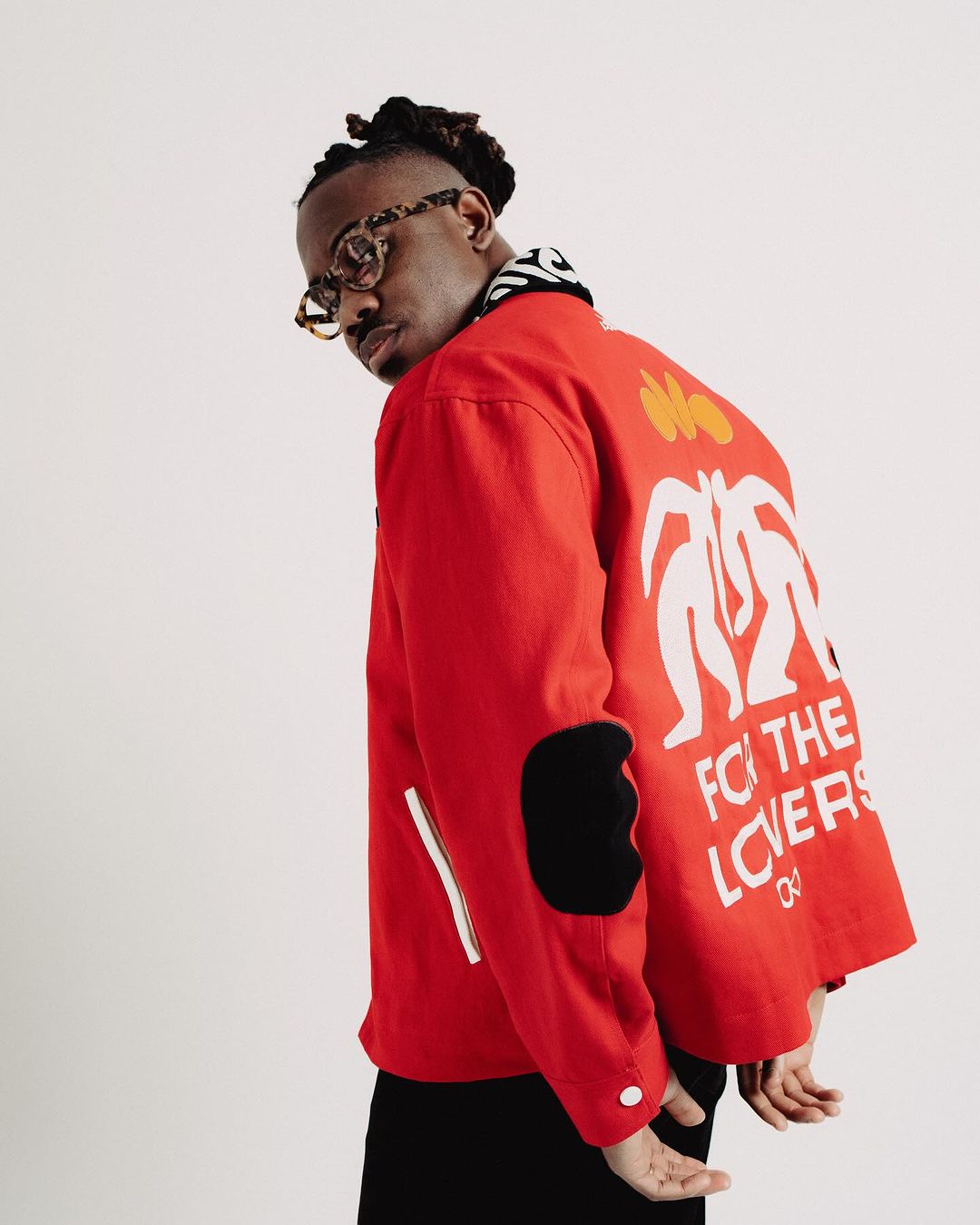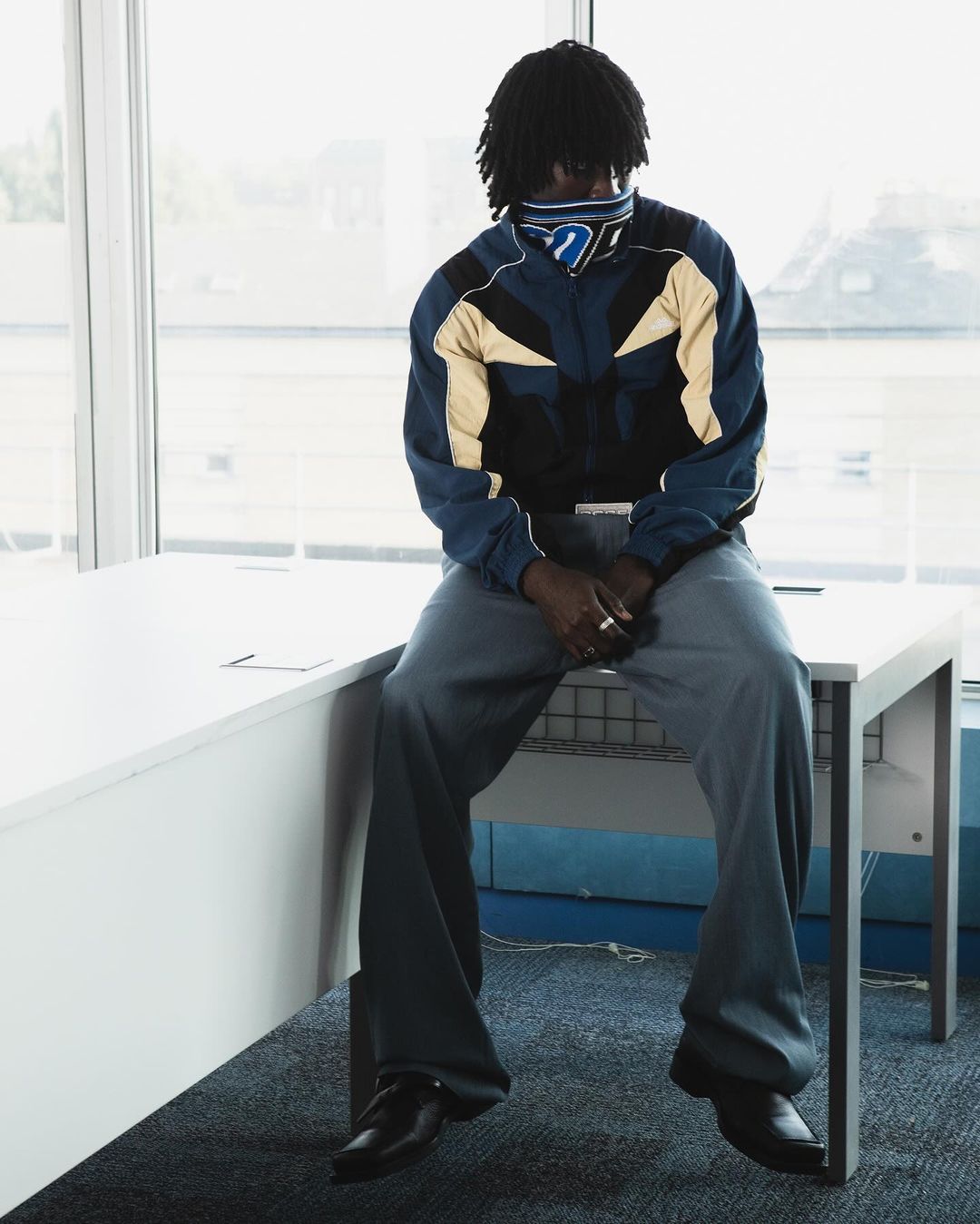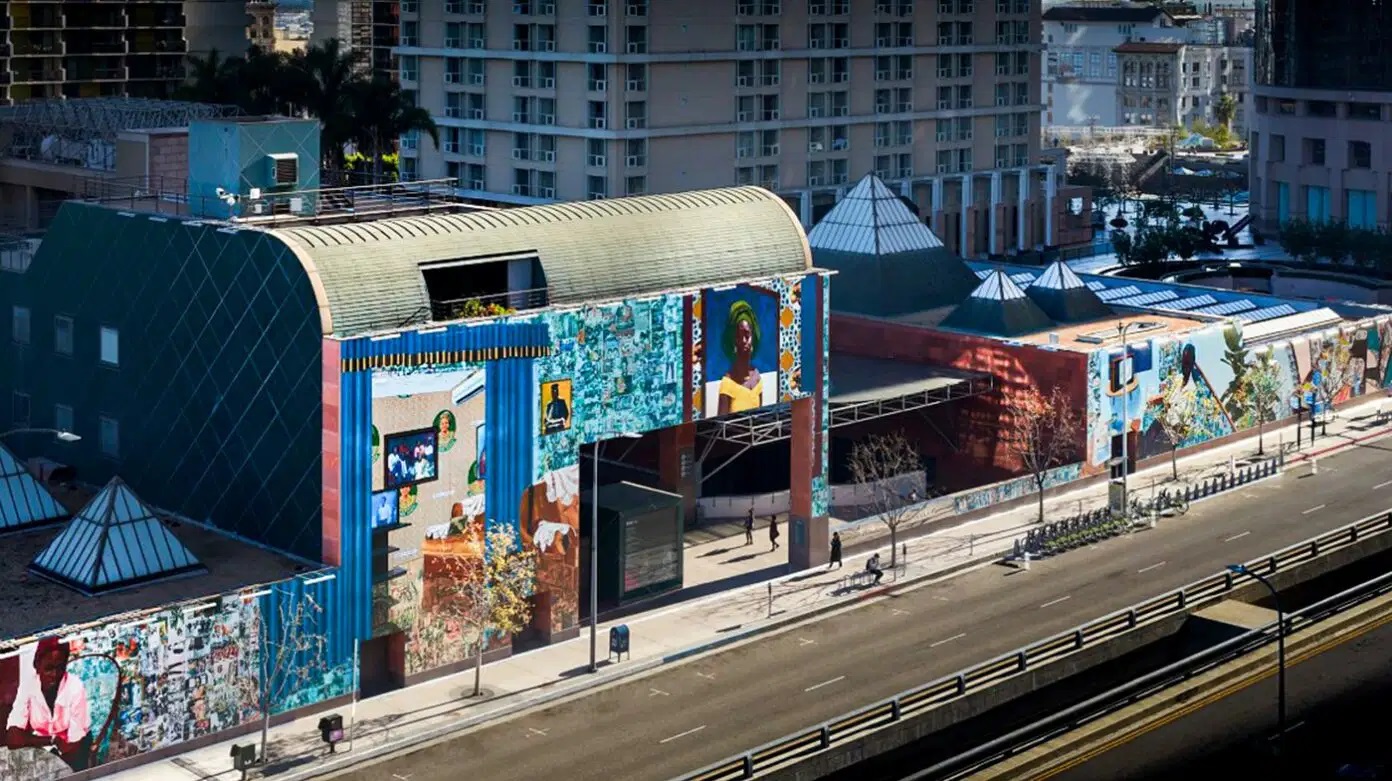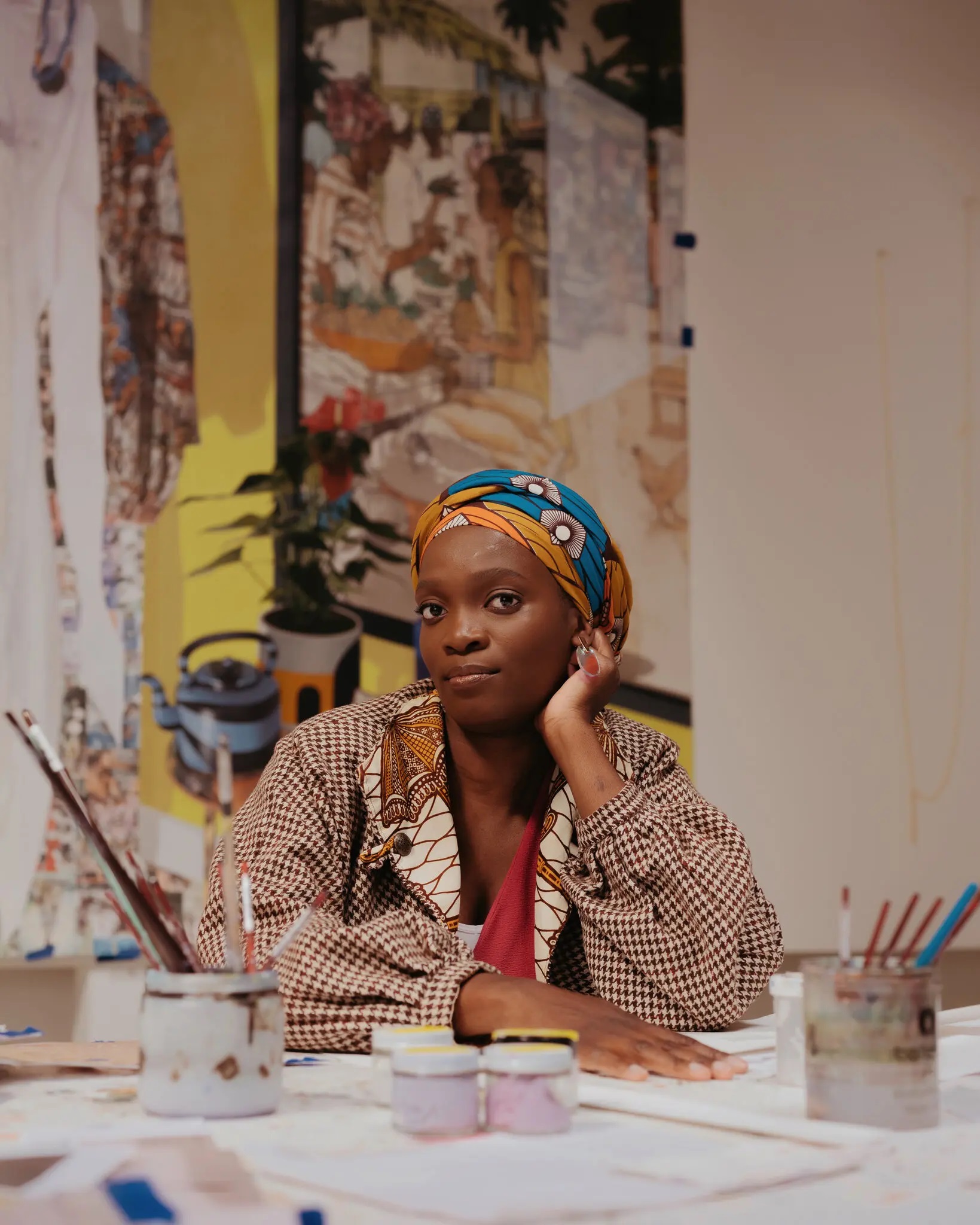The Powerful Rise of Afrofuturism: Fusing Tradition and Innovation
Afrofuturism has become an important and fascinating cultural movement. It combines elements of African culture, history, and traditions with elements of futuristic technology and speculative fiction. This fusion generates new stories that question traditional perspectives on both history and the future. Its charm stems from its capacity to reinterpret African identities beyond the legacies of colonialism and to imagine a future where African achievements in science, technology, art, and society take center stage.
By Asteroid Media
Artists, filmmakers, writers, and musicians are progressively integrating Afrofuturism into their projects, using it to examine topics such as social justice, enablement, and resilience. This genre also is a platform for marginalized voices to dig into themes of liberation, identity, and potential. For example, films like Black Panther have considerably influenced global culture, offering not only entertainment but also encouraging a sense of pride and representation for African individuals and those in the African diaspora.
Various Nigerian artists are integrating Afrofuturism into their creations. They use it as a means to examine identity, history, and futuristic themes through different forms of art. Below are some notable individuals.
1. Laolu Senbanjo
Laolu is a visual artist from Nigeria, recognized for his body-painting style called “Sacred Art of the Ori.” This technique combines elements of Yoruba mythology with themes that are both futuristic and spiritual. His detailed designs and collaborations, including his work with Beyoncé in Lemonade, display Afrofuturism on a global scale by integrating African heritage with modern visuals and futuristic concepts.
2. Nnedi Okorafor
Nnedi Okorafor is a highly respected Nigerian-American writer and a prominent figure in Africanfuturism, a term she created to distinguish African-centered futurism from the wider Afrofuturist movement. Her novels, such as Who Fears Death, Binti, and Akata Witch, examine African contexts, technologies, and mythologies within imaginative futures. Frequently, her storytelling features African characters navigating advanced worlds influenced by both tradition and technology.
3. Adeyemi Michael
Adeyemi is a Nigerian-British filmmaker whose short film Entitled addresses Afrofuturistic themes by reinterpreting his mother, a Yoruba woman, as a majestic figure riding a horse through London. This film weaves traditional African cultural symbols into contemporary settings, presenting a compelling narrative about identity, migration, and enablement.
4. Temi Coker
Temi Coker is a digital artist and photographer who creates Afrofuturist pieces that merge photography with digital art. His works prominently feature bright, surreal portraits of African figures set in abstract, space-like surroundings, fusing African cultural elements with forward-looking visuals.These artists and creators are at the forefront of reimagining African futures through literature, visual arts, music, or film. They are transforming the narrative by placing African voices at the core of futuristic and speculative conversations.
5. Odunsi (The Engine)
Odunsi is a Nigerian alté artist who incorporates futuristic aesthetics into his music videos and auditory explorations. His album Rare and its accompanying visuals take viewers to otherworldly worlds, blurring the distinctions between historical African styles and futuristic themes, expanding the boundaries of Afrofuturistic sounds in Nigerian music.
6. Wale Oyejide
A fashion designer and filmmaker, Wale Oyejide incorporates Afrofuturism into his creations through his brand Ikiré Jones. His clothing designs feature African fabrics and prints, shaped into futuristic silhouettes, while his fashion films investigate alternative African futures and the narratives surrounding migration and diaspora.
7. Njideka Akunyili Crosby
Nigeria’s Njideka Akunyili Crosby is a visual artist whose work smoothly intertwines the past, present, and future of African identity. Her layered paintings examine themes of diaspora, cultural blending, and imagined futures, often drawing upon Nigerian popular culture and personal experiences.
These creatives are leading the charge in reimagining African futures, whether through literature, visual arts, music, or film. They are shifting the narrative by positioning African voices at the center of futuristic and speculative discourses.


